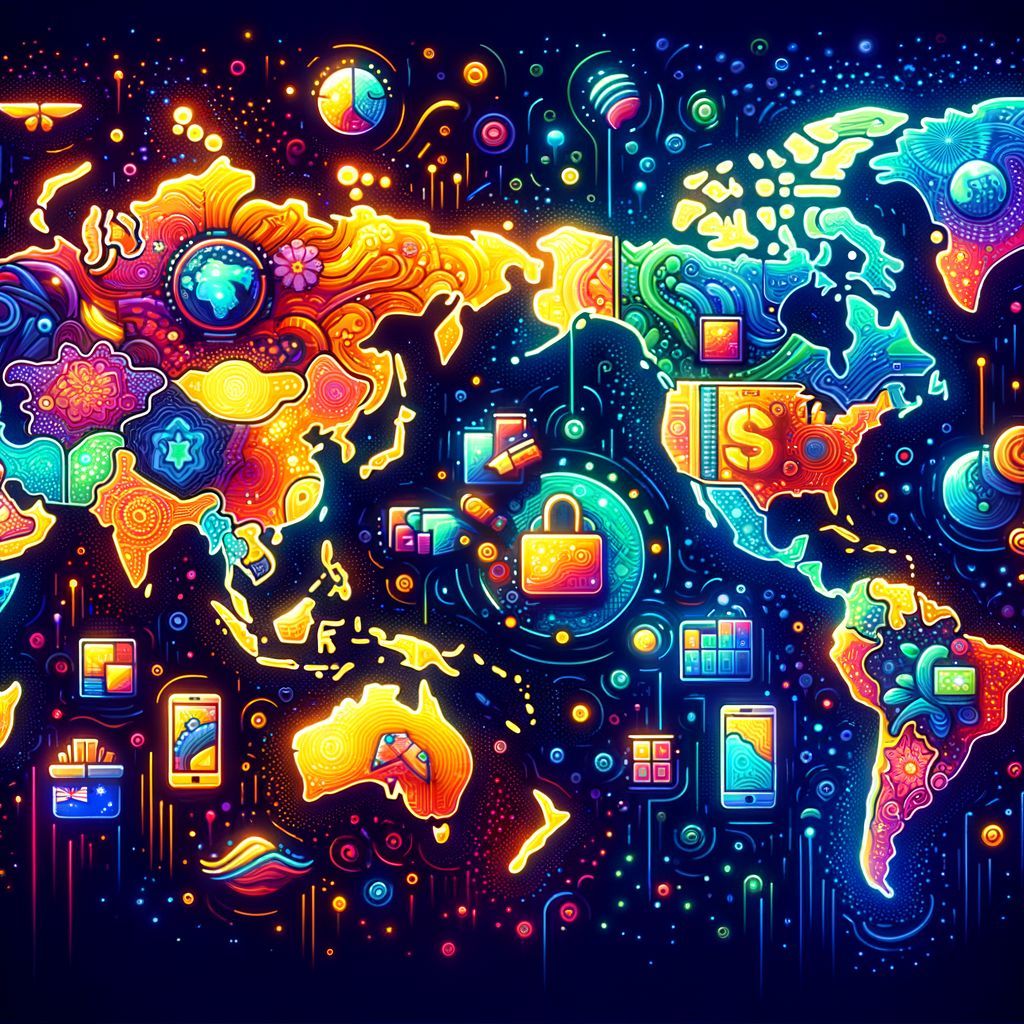

Image by DALL·E Pic: Midjourney
Editors' Note: Many Fast News images are stylised illustrations generated by Dall-E. Photorealism is not intended. View as early and evolving AI art!

AI's new frontier,
Personalisation's here,
Marketers, take cheer.

AI-powered personalisation and emotional intelligence are the future of marketing, Twilio report reveals
A fresh report from Twilio has found nine in 10 consumers see ethical use of AI as a potential competitive advantage for brands.
The cloud communications platform has released its annual State of Personalisation Report, which offers insights from business leaders across 12 countries and various industries. The report highlights a shift in focus towards predictive, emotionally intelligent, and highly personalised customer experiences, driven by evolving consumer demands.
Central to this shift is the use of Artificial Intelligence (AI), with businesses increasingly adopting dynamic models and metrics to enhance interoperability between tools such as Customer Data Platforms (CDPs) and data warehouses. They are also prioritising data privacy and the ethical use of AI. According to the report, 89% of respondents believe ethical use of AI can be a competitive business advantage.
The report also revealed 54% of business leaders are addressing consumer concerns around data privacy and ethical considerations in AI by implementing robust privacy controls. Twilio's recent and separate State of Customer Engagement Report found almost half (49 percent) of respondents would trust brands more if they openly disclose the use of customer data and AI-powered interactions.
"Personalisation is table stakes in the world of marketing. Today's consumer not only expects brands to understand them, but they want brands to anticipate their needs and AI is making that a reality," said Robin Grochol, VP Product Management at Twilio.
Generation Z (18-27 year olds) are setting the trends that will shape the future of engagement, with 85% of companies planning to adjust their marketing strategy to accommodate their unique needs and preferences.
"In our latest State of Personalisation Report, we found the majority of business leaders are making the shift from reactive to predictive personalisation to help them deliver on increasingly sophisticated and dynamic consumer demands," Grochol said.
The report also indicated 86% of business leaders expect a significant shift from reactive to predictive personalisation across the industry. Moreover, 82% of leaders emphasised the importance of embedding emotional intelligence into AI systems.
Looking to the future, 80% of marketers plan to adopt more sophisticated metrics to measure the effectiveness of personalisation beyond traditional engagement and conversion rates including customer lifetime value, emotional engagement, and brand affinity.
By 2025, 59% of businesses surveyed expect their teams to be using AI daily.
Currently, 72% of companies are using a customer data platform (CDP) for personalisation, while 48% are using a data warehouse. In addition, 58% of business leaders believe that AI chatbots will be the most impactful AI-driven personalisation technology over the next 5 years.










